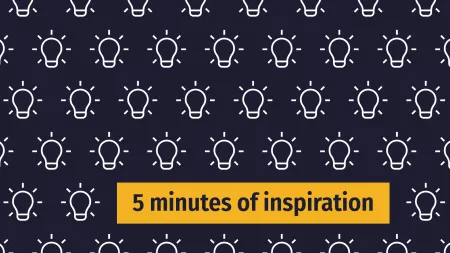Did you eat a balanced meal today? If not, why? Was it because you were in a hurry and went to buy something? Or because you couldn’t afford to buy the food? In Southern Africa, only one child in ten will get enough to eat today. For 39% of them—10 million children—this will lead to permanent damage in their growth and future potential.
It doesn’t have to look like this. CARE knows how to work with communities and governments to change food systems so people get enough to eat. Her Harvest, Our Future is a CARE regional strategy focusing food and nutrition security for people in Southern Africa. It runs from 2016 to 2020. It aims to impact 10 million people by 2020, and has so far impacted 3.6 million people to improve their food and nutrition.
What have we accomplished?
- Kids are growing taller: 37,000 children were more likely to have gotten enough food to grow and develop.
- People have more food: 620,000 people increased their food security, and 45,000 people had more nutritious diets
- Communities can react to crisis: More than 1.4 million people have taken actions to reduce their vulnerability to shocks, and 470,000 have improved their overall resilience.
- People can eat in emergencies: 1.3 million people in disaster-affected communities got the food they needed.
- Women participate more: 61,000 women increased their ability to participate in household financial decisions.
- People have more say in governance: 50,000 people increased their participation with local and national governments and other community decision-making spaces.
How did we get there?
- Focus on gender in programs and with staff: Her Harvest, Our Future uses many of CARE’s gender approaches like Social Analysis and Action to put women and girls at the center of the work. They’ve also started a regional Gender Equality and Women’s Voice hub for staff across the region to engage more on what this means for individuals and our work.
- Use CARE’s successful approaches: 735,000 women and girls are engaged in VSLAs across CARE’s Southern Africa programs. FFBS is another critical tool for organizing women farmers across the region.
- Respond to emergencies: CARE worked with people in Malawi, Mozambique, and Zimbabwe during the El Nino crisis, including 400,000 people in Zimbabwe who got mobile cash transfers.
- Work with governments: In Madagascar, CARE worked with the government to roll out early warning systems that CARE piloted so they could reach all of Madagascar. Work with local and national governments is critical to scale.
- Advocate with partners: CARE partners with local and regional groups like FANRPAN, the Graca Machel Trust, and Africa Risk Capacity to generate evidence, publish reports, and advocate for change.
Want to learn more?
Read the 2018 Impact Report: Building Better Nutrition
